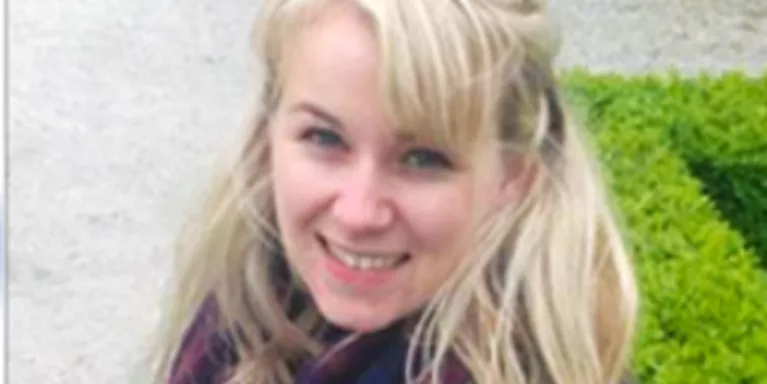Why benefits assessments need to change
Ayaz from our Policy & Campaigns team blogs about why benefits assessments need to change, and how campaigners and local Minds have been pushing for reform.
Yesterday a damning report was released about how the benefits system is not working. It highlighted how the needs of people with mental health problems simply aren't being understood, and the damaging impact that is having on people's lives. It's something that we've been campaigning on for some time, with the help of our campaigners, local Minds and many more disability rights campaigners.
Anyone can experience a mental health problem, and if it starts to affect your ability to work or to get out and about, support from the benefits system can be so important. That support is what helps people stay independent, cover the costs of being out of work, and keep control over their own lives.
Three months ago Denise, one of our campaigners, and David, who works for Oxfordshire Mind, travelled to parliament to talk to MPs on the powerful Work and Pensions Committee about their experience of benefits assessments. Denise told them about how she felt after her last assessment.
"It is really, really tough and these assessments are adding to that."
She said: "I have a mental illness that affects me quite severely. It is really, really tough and these assessments are adding to that. I do not think it should be allowed. I do not think anybody has the right to make me go home and cry because I have just had work capability assessment three weeks ago that is still playing on my mind."
David talked about the huge amount of pressure and anxiety that the people he supports at Oxfordshire Mind face when they're waiting for a benefits assessment. He said: "There is never a prolonged period of time that allows our clients to be able to focus on their recovery because all they have been doing is being sent from one place of judgment to another place of judgment."
The evidence that Denise and David gave clearly had an impact. Yesterday's report drew on what Denise and David had told them, along with the stories of thousands of other disabled people. Those stories are shocking, but not surprising. They reflect what we hear every week from people who are going through the process. Chad was featured in the report explaining how the assessor just didn’t understand what it’s like to live with OCD.
"People in that profession should know better when it comes to mental health."
Chad said: "The assessor stated in her report 'no signs of sore hands', 'no signs of repeated washing', 'was well groomed' and 'was well dressed'. Anyone with a brain cell knows mental health isn’t always visible, and OCD isn’t all about excessive washing of the hands. OCD is known as a secretive disorder at the best of times and people in that profession should know better when it comes to mental health."
The Committee have made some important recommendations to Government. They say that everyone should have the option of having their assessment recorded so that people can have a fair record of what’s been said if they want to challenge a decision. They’ve also called on the Government to make better use of the evidence provided by GPs, support workers, friends and family – to take the pressure off the face-to-face assessments which can cause so much stress and anxiety.
What happens now?
The MPs on the Committee have set out why assessments need to change and the Government now have to respond to their report. We’ll keep on pushing by supporting people to share their stories in the media, to talk to their MPs about their experiences and to keep the pressure up for real reform.
We know there’s a long way to go until we have a benefits system that works for people with mental health problems, and to get things to change we need to see real action from the Government. But this report is a testament to the hundreds of people with mental health problems who had their voice heard – and a real sign that people are starting to listen.

See what we're campaigning on

Our campaigns
We'll fight your corner. We believe everyone with a mental health problem should be able to access excellent care and services. We also believe you should be treated fairly, positively and with respect.
Share your story with others
Blogs and stories can show that people with mental health problems are cared about, understood and listened to. We can use it to challenge the status quo and change attitudes.

















